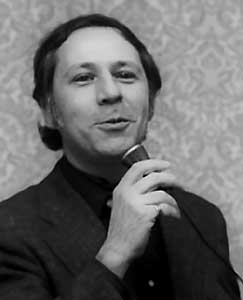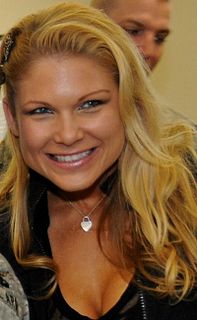A Quote by Hilton Als
One of the things I liked about writing for a magazine was a kind of anonymity. When you do books, it's different than magazine pieces because you become a 'figure.'
Related Quotes
I was interested in creating things that I could be proud of and so, you know, I was interested in being an editor of a magazine, things that I could be proud of, and so, you know, I was interested in being an editor of a magazine, but in order to be an editor of a magazine I had to become a publisher as well. I had to pay the bills. I had to worry about the printing and the paper manufacturing and the distribution of that magazine.
I have written some poetry and two prose books about baseball, but if I had been a rich man, I probably would not have written many of the magazine essays that I have had to do. But, needing to write magazine essays to support myself, I looked to things that I cared about and wanted to write about, and certainly baseball was one of them.
My very first venture was a national student magazine to try to campaign against the [Vietnam] War. And so I wanted to be an editor. I wanted to bring the magazine out. And in order for the magazine to survive I had to worry about the printing and the paper manufacturing and the distribution. And, you know, I had to try to, at the end of the year, have more money coming in than going out.
I was co-editor of the magazine called The Jazz Review, which was a pioneering magazine because it was the only magazine, then or now, in which all the articles were written by musicians, by jazz men. They had been laboring for years under the stereotype that they weren't very articulate except when they picked up their horn.




































